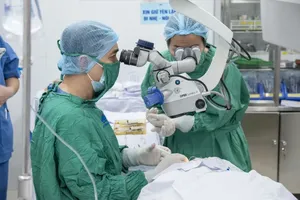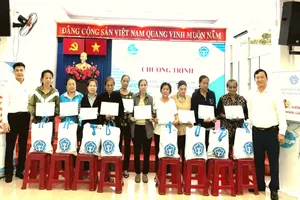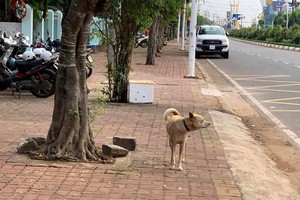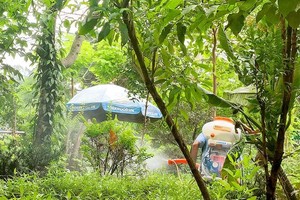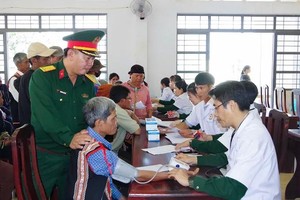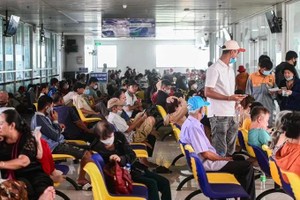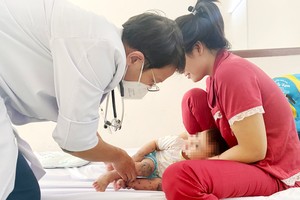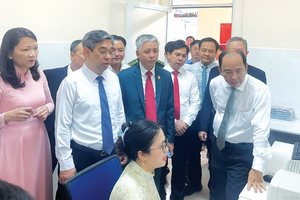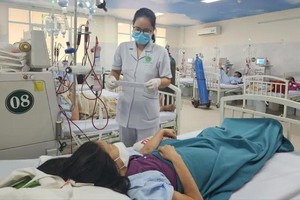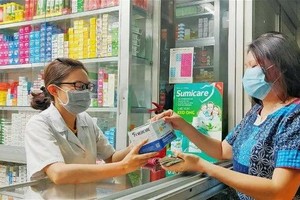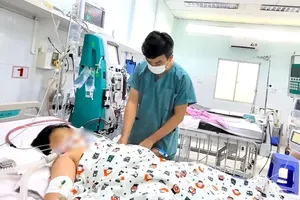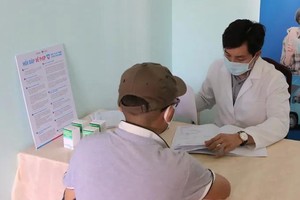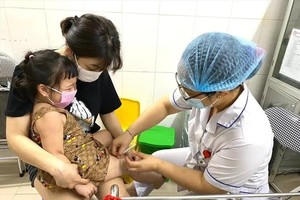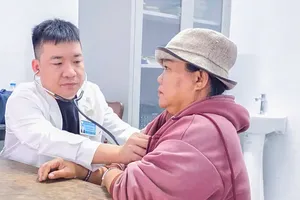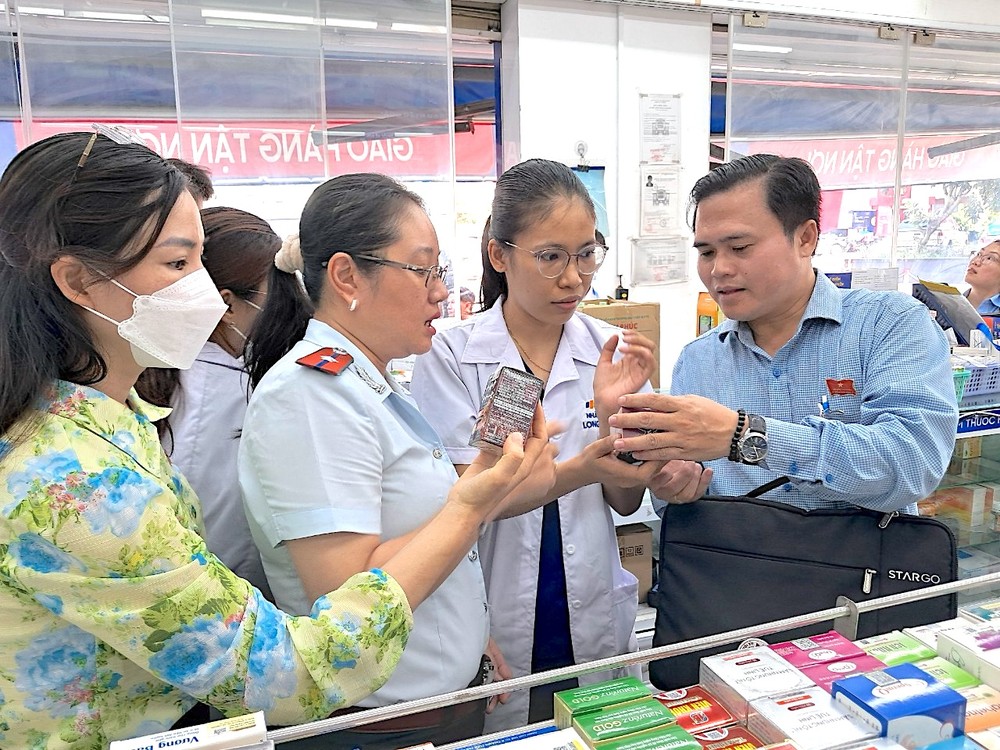
The Culture and Social Affairs Committee of the People's Council of Ho Chi Minh City carried out a supervision session on the management and use of drugs at medical facilities and pharmaceutical businesses with the participation of representatives from departments, hospitals and some districts and districts within the city.
Deputy Director Nguyen Hoai Nam of the Ho Chi Minh City Department of Health said that there are 129 hospitals, 22 medical centers, 310 medical stations and 8,044 private clinics in the city. In 2023, medical facilities provided medical examination and treatment for nearly 38.6 million outpatients, a year on year increase of 11.5 percent compared to 2022 and over 2.3 million inpatient cases, an increase of 4.1 percent compared to 2022.
Regarding the drug distribution system in the city, Deputy Director Nguyen Hoai Nam said that there are 1,202 wholesale businesses and 6,529 pharmacies ensuring drug supply throughout the city including remote areas and island communes. People's access to medicine is guaranteed. However, the amount of medicine consumed in the city accounts for 25 percent to 30 percent of the country's. Therefore, the city's pharmaceutical industry has made great efforts in supplying drugs to ensure drug demand for treatment.
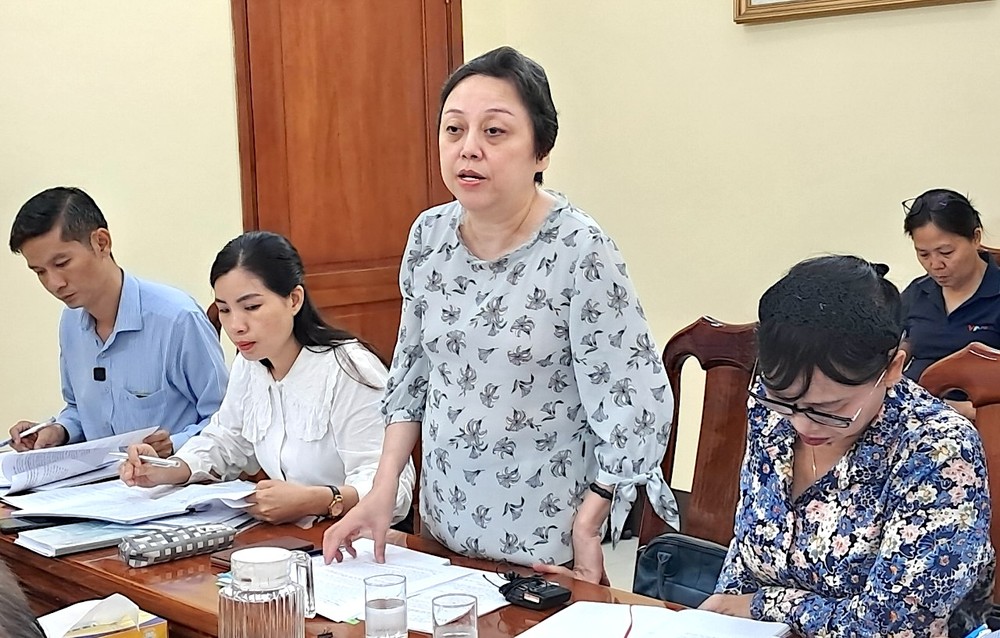
In order to purchase and ensure enough medicine, and medical supplies to supply to public medical facilities, the Deputy Director of the Ho Chi Minh City Department of Health said that the city has advantages when there are 43 hospitals in the area. Pharmaceutical manufacturing factories account for about 15 percent of the total number of factories in the country plus drug manufacturing factories meeting GMP-WHO standards. Moreover, drug bidding is strictly managed and complies with regulations.
According to Associate Professor Pham Khanh Phong Lan, Director of the Ho Chi Minh City Department of Food Safety, from 2022 up to now, the department has issued 526 guiding documents for food safety assurance activities. Additionally, the department has organized 145 training classes on food safety with 13,592 participants. At the same time, it reviewed the contents of ads for nutritional supplement products on websites and social networks.
From 2023 to the end of the first quarter of 2024, the department reviewed 18,790 products; thereby, inspectors discovered 182 products violating present regulations and transferred them to responsible agencies for further handling. Besides, the department forced businesses to recall goods and relabel 2,032 nutritional supplement products while detecting four establishments as breaching food safety standards. In 2023 and the end of the first quarter of 2024, no violations were detected at any facility.
According to Ms. Lan, the department also faces difficulties in sampling to monitor drug quality because there is no medicinal standard to compare and insufficient quality human resources for testing medicinal materials.
Associate Professor Pham Khanh Phong Lan added that most establishments operating the functional food business are only representative offices. Some establishments have office lease contracts to register their business and have no activities, so inspectors find it difficult to contact the establishment owner. Plus, there is also an overlap between the Department of Food Safety of Ho Chi Minh City and other specialized management agencies such as the Department of Health or local health departments, especially in inspection work.
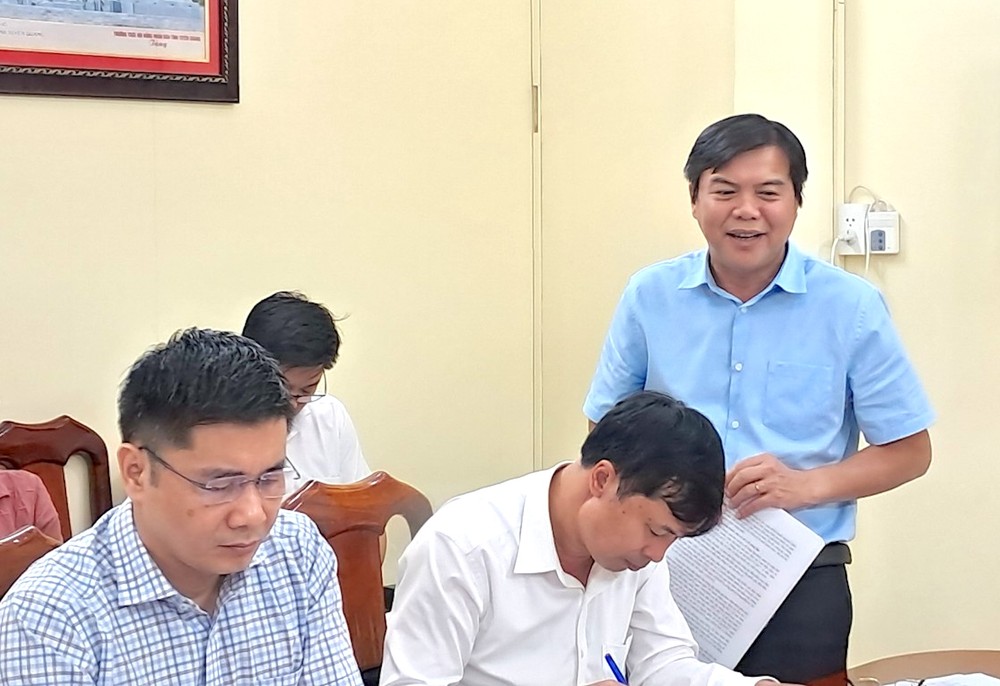
As there is a chao in the drug market on social networks, she advised people to protect themselves by clearly checking the origin and registration number when buying nutritional supplement products. If people are doubtful about product quality, they should promptly notify the authorities for handling.
At the survey, delegates also expressed concern when a recent survey showed that there were many loopholes in the supervision of drugs and drug prices. Participants proposed that violating businesses and establishments need to receive harsh penalties to deter them from committing the violation again. Moreover, products will be recalled, and the names of businesses and establishments must be publicized.
At the same time, the government should have mechanisms and solutions to develop the local pharmaceutical industry and domestic drug manufacturing enterprises to encourage them to develop rare, specialized drugs at reasonable prices so that people can benefit.
Mr. Tang Huu Phong, Editor-in-Chief of Sai Gon Giai Phong Newspaper, noted that through supervision at grassroots establishments, participants realized that many issues need to be more closely monitored in the supply of drugs to protect patients’ health and ensure enough medicines in medical facilities.
Last but not least, the city has over 7,000 businesses and establishments supplying drugs to the market, but only a few institutions sell traditional medicine (only over 300 pharmacies), while people's demand for herbal medicines is huge.
Regarding inspection and examination work, Deputy Director Nguyen Hoai Nam of the Ho Chi Minh City Department of Health said that among nearly 7,600 businesses and pharmacies in the area, the Ho Chi Minh City Department of Health in coordination with competent agencies has paid visits to 261 establishments and discovered 117 violating ones. Inspectors have collected a total fine of over VND3.2 billion as well as suspended operations of four establishments and revoked pharmacy practice certificates of ten establishments.


